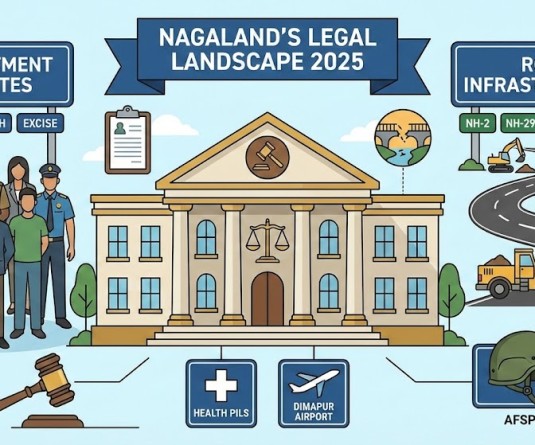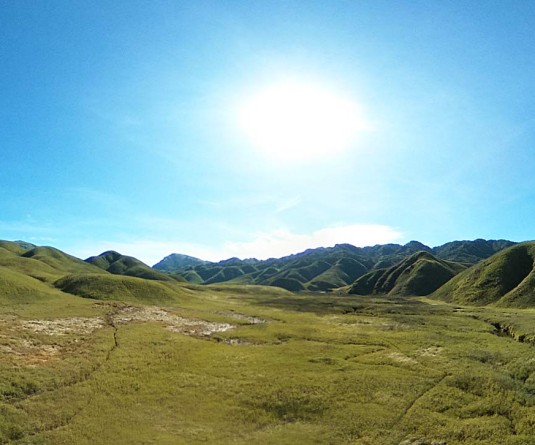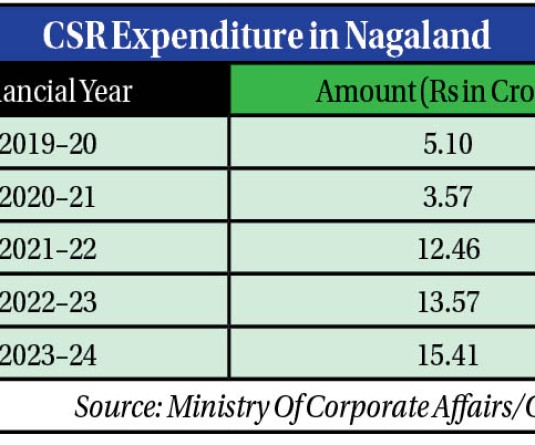Yirmiyan Yhome’s documentary on NH-29 captures its evolving facets
Moa Jamir
Morung Express Feature
Using the road as metaphor as well as in literal sense, a documentary featuring a main highway that runs through Nagaland and Manipur States – National Highway 29 – has been making waves in film festival circuit both at National and International level.
‘This Road I Know,' a film by Naga Filmmaker Yirmiyan Arthur Yhome, is a 58-minute documentary that examines the NH-29 as subject matter highlighting its changing landscapes and complexities over the years.
Yirmiyan Arthur Yhome[/caption] While it can be bracketed under the genre of a road film – described in Dictionary of Media and Communications as a genre in which the main characters leave home on a road trip, typically altering the perspective from their everyday lives – the film is a journey within the road itself.
Yirmiyan, who call herself a part-time filmmaker, is a Photo Editor with the Associated Press, one of oldest and largest newsgathering organizations. A Masters holder in Mass Communication from the Mass Communication Research Centre, Jamia Millia Islamia, New Delhi, her filmography includes ‘My Lament,’ ‘My Plea (2000),’ ‘Phalee : The Good Land (2007),’and ‘The Test (2012).’
A mother of two, she also plans to deviate toward working in a child-related field in future.
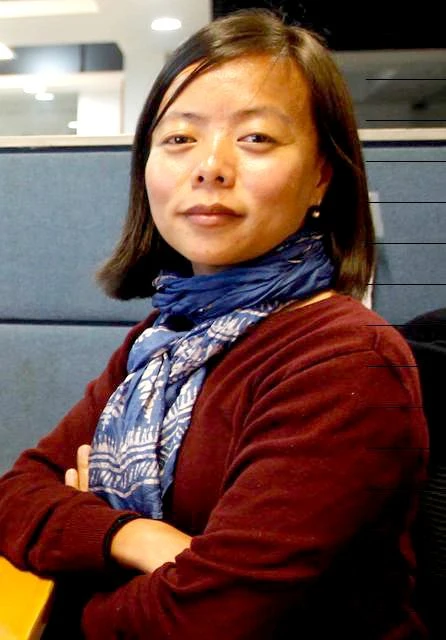
Changing Trajectories
Discussing her work with The Morung Express, Yirmiyan said the film is first person narrative throughout sharing personal experiences on the road over the years while it also relates it to the larger experience of the people whose lives revolve around the highway.
“I’ve had to travel the length and breadth of what was then NH39 constantly beginning from my early childhood in Kohima.”
Born in Kohima with roots in Shangshak, Ukhrul district, Manipur, she moved to Imphal in 1985 and later married a man from Kohima Village.
Throughout, life revolves around this route continuously and with a deep sense of connection, it remains the link for me between all these places and people who I hold dear in my life, Yirmiyan added. “I guess it is because of how I have been placed with relation to this road that has made for more effective story-telling. It comes from my being.”
We are all constant travelers, literally and figuratively, Yirmiyan said elaborating how the 'Road' we traverses keep changing over time and the trajectories it takes over the years.
“The highway was sitting there as the perfect metaphor to help tell the story. Memories of journeys on this road during my childhood are always happy memories but over time, as I became aware of how militarized this place is, fear became ingrained into it. And this fear transforms over time to fear of the ethnic and so on. All through this film I am addressing and questioning this fear.”
Consequently, Yirmiyan said her treatment of the story and the underlying message of the film are closely related to these experiences.
“The film raises several questions, too many to be honest – it questions the divide we have created among ourselves, it questions the use of violence as a means to an end, it questions the forced insufficient representation of women’s voices.”
But the underlying message is “a desperate need to break free from the cycle of violence and hate,” she explained.
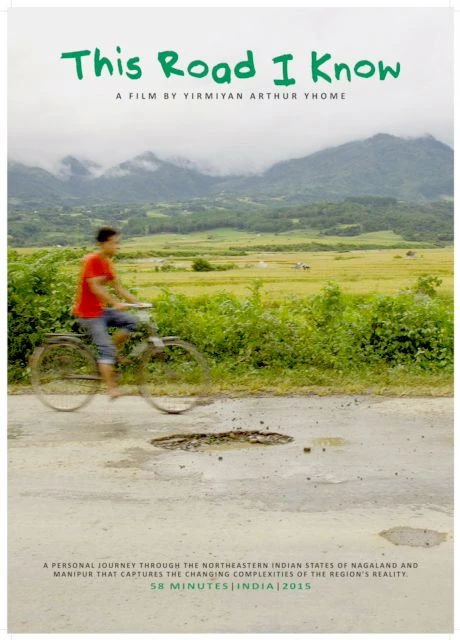
Overwhelming responses
“I am very pleasantly surprised by the response so far,” Yirmiyan modestly maintained while queried about the responses to the film so far.
Released in 2015, the film had a first full house special screening at India International Centre on August 28 last year and then travelled to Film Southasia (FSA) 2015 in Kathmandu. It was followed by Bengaluru International Film Festival, 2016 and Afghan International Women's Film Festival (AIWFF).
Most recently, it was screened at Peace Builders International Film Festival (PBFF) held in New Delhi from October 11 to 13 celebrating women as peacemakers and examining their immense role in conflict resolution under myriad state of affairs with films from diverse region across the world.
Apart from FSA, all others have been curated festivals, which basically mean that the film has been passed on from word of mouth, Yirmiyan informed.
“I think this is fantastic because that means people are interested in our region and that we all have something to learn from each other.”
However, her most profound experience was during the discussion session after the screening at PDFF, when a Manipuri filmmaker took the microphone and shared how she was touched by the film and how women have to work harder to build bridges.
“Beyond borders and barriers is what she said of the film and gave me a very heartfelt hug,” Yirmiyan recounted.
“If it can move people to feel an affinity towards each other instead of inciting and dividing, I have achieved more than I ever wanted.”
It is a ‘road well travelled’ and the most valuable aspect of ‘This Road’ I Know is such foregrounding of women’s experience of war and capturing a personal journey through a complex landscape, Taran N Khan, wrote in Himal Southasian last November reviewing the film at the backdrop of FSA.
Yirmiyan’s journeys not only depict the vivid glimpses into complexities of the road taken but also offer us a way out.



